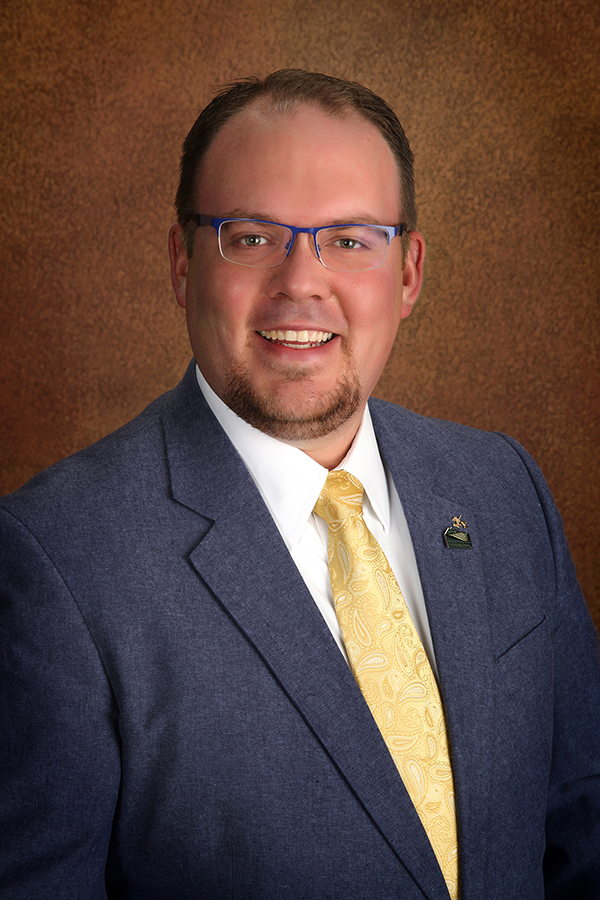Choice between agriculture and clean water false


By Nick Levendofsky
In a state as abundant in water as Wisconsin, it’s easy to take for granted, the rich groundwater resources running below our feet. Our Great...


By Nick Levendofsky
In a state as abundant in water as Wisconsin, it’s easy to take for granted, the rich groundwater resources running below our feet. Our Great...